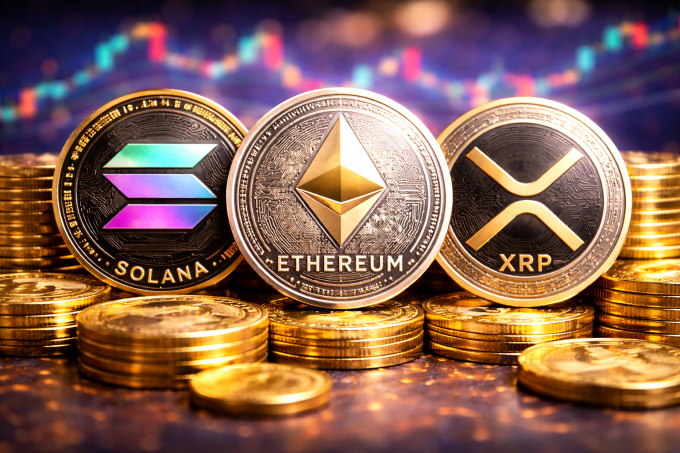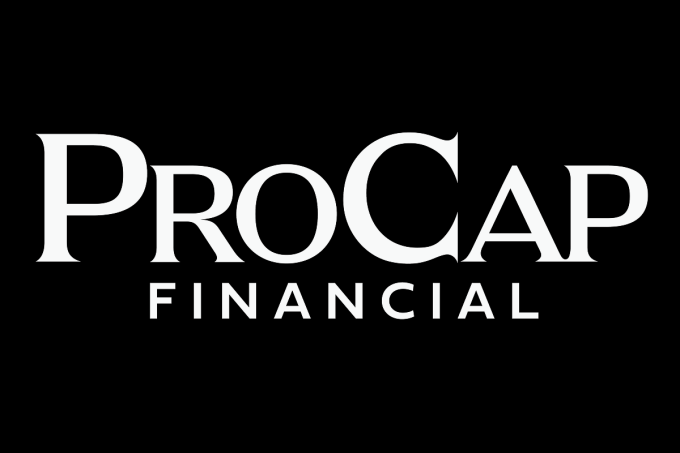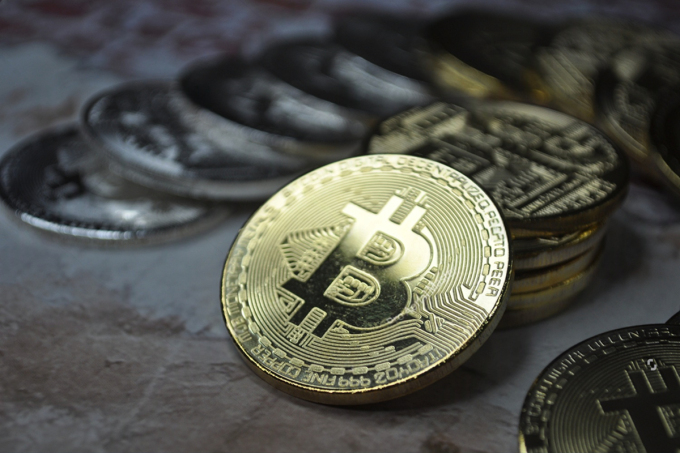Binance-Owned Trust Wallet Expands to Tokenized Stocks and ETFs
Opening Paragraph
Binance-backed Trust Wallet has announced the launch of tokenized stocks and ETFs, marking a significant step in bridging traditional finance and decentralized finance (DeFi). The new feature allows users to trade fractionalized versions of publicly listed equities and ETFs directly from their wallets, bypassing traditional brokers while maintaining blockchain-based custody. The move highlights the accelerating convergence of traditional investment markets with crypto infrastructure.
Tokenized Assets: How It Works
Trust Wallet’s new offering enables users to access tokenized shares of companies and ETFs via Ethereum, Solana, and other supported blockchains. Each token represents a real-world asset, fully backed by underlying shares held in custody, allowing users to benefit from price movements without holding the physical asset.
According to the announcement, the initial rollout includes popular U.S.-listed companies and major ETFs, with plans to expand globally over the next year. Trades can be executed 24/7, a key advantage over traditional markets, and users can hold assets within the same interface they use for cryptocurrencies, DeFi projects, and NFTs.
Market Implications and Investor Appeal
The introduction of tokenized stocks and ETFs taps into a growing appetite among retail investors for fractionalized, low-barrier investment opportunities. By tokenizing these assets, Trust Wallet reduces entry costs, removes intermediaries, and enhances accessibility, particularly for users in regions with limited access to traditional brokerages.
Analysts note that this product could attract high-frequency crypto users and DeFi enthusiasts who are seeking exposure to equity markets without leaving the crypto ecosystem. Moreover, 24/7 trading and near-instant settlement could redefine investor expectations around liquidity and convenience.
Regulatory and Security Considerations
While tokenized assets present new opportunities, they also introduce regulatory challenges. Custody of underlying shares, adherence to local securities laws, and compliance with KYC/AML regulations will be crucial for scaling globally. Binance and Trust Wallet have emphasized that all tokenized stocks are fully backed and compliant with jurisdictional requirements where offered.
Security is another key layer, as blockchain custody reduces counterparty risk but requires users to manage private keys responsibly. The integration within a wallet environment simplifies access while retaining decentralized custody, a growing trend in bridging DeFi and traditional financial products.
Investor Psychology: Adoption Drivers
The launch reflects broader shifts in investor behavior. Users increasingly seek accessible, flexible, and cost-efficient ways to diversify portfolios. Tokenized assets allow retail and crypto-native investors to hold and trade equities alongside crypto holdings, creating an all-in-one investment environment. This convenience may accelerate adoption among younger, tech-savvy investors who prioritize speed, transparency, and autonomy.
Looking Ahead: Opportunities and Challenges
Trust Wallet’s move could catalyze wider adoption of tokenized traditional assets, encouraging competitors and legacy brokers to explore blockchain-based offerings. However, global adoption will depend on regulatory clarity, custodial reliability, and market education.
For investors, the opportunity lies in leveraging these tokenized instruments to diversify portfolios, gain fractional exposure to high-value equities, and participate in 24/7 markets. The integration of tokenized stocks and ETFs into crypto wallets signals a new era where traditional finance and DeFi increasingly intersect.
Comparison, examination, and analysis between investment houses
Leave your details, and an expert from our team will get back to you as soon as possible













https://shorturl.fm/6tcPb